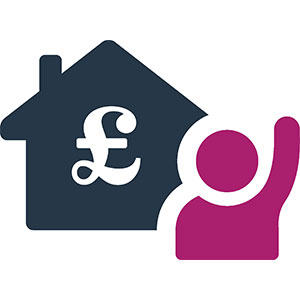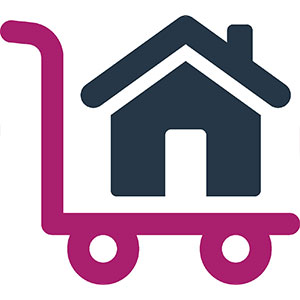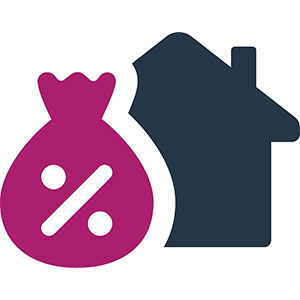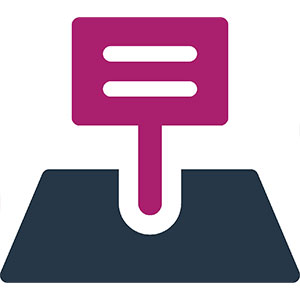Should I use the same conveyancer for buying and selling?
Using the same conveyancer for both buying and selling a property is a common practice in the United Kingdom, and it can offer several potential advantages.
However, whether it's beneficial for you depends on your specific circumstances and preferences.
Here are some factors to consider when deciding whether to use the same conveyancer for both transactions:
1. Convenience:
Using the same conveyancer for both buying and selling can simplify the process by streamlining communication and coordination between parties. You'll only need to deal with one professional, which can save time and reduce the potential for miscommunication.
2. Familiarity with Your Situation:
If you've had a positive experience with a conveyancer in the past or if you trust their expertise, you may prefer to continue working with them for your next property transaction. The conveyancer will already be familiar with your circumstances and preferences, which can facilitate a smoother process.
3. Potential Cost Savings:
Some conveyancers offer discounts or package deals for clients who use their services for both buying and selling transactions. This could result in cost savings compared to hiring separate conveyancers for each transaction.
4. Conflict of Interest:
While using the same conveyancer for both transactions can be convenient, it's essential to consider the potential for conflicts of interest. For example, if a conflict arises between your interests as a buyer and seller, the conveyancer may face challenges in providing impartial advice.
5. Complexity of Transactions:
If either the buying or selling transaction involves complex legal issues or unique circumstances, you may benefit from hiring a specialist conveyancer with expertise in that specific area. In such cases, using separate conveyancers for each transaction may be preferable.
In Summary
Ultimately, the decision to use the same conveyancer for buying and selling or to hire separate conveyancers depends on your individual needs, preferences, and the specific circumstances of your transactions.
It's essential to weigh the potential benefits and drawbacks carefully and choose a conveyancer or conveyancers who can effectively meet your needs and protect your interests throughout the property transactions.
Get a Free Conveyancing Quote












